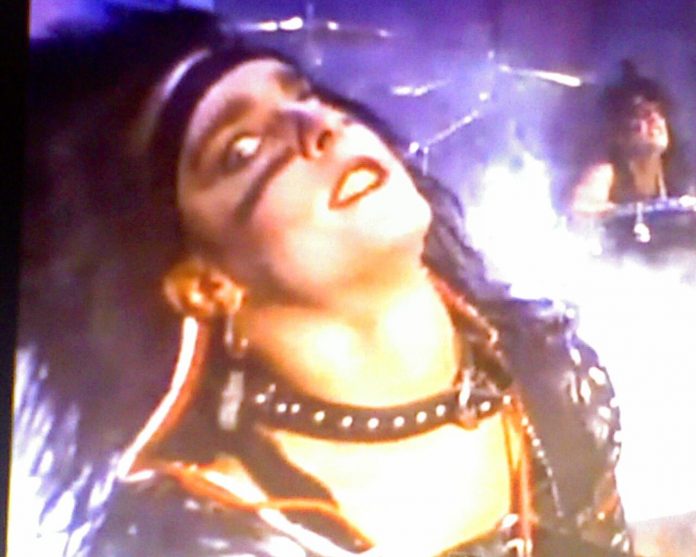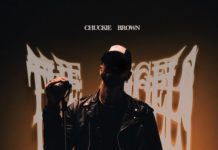Nikki Sixx is one of music’s legendary musicians, as the co-founder, bassist, and primary songwriter of the band Mötley Crüe.
For a lot of kids the lure of sex, drugs, and rock and roll is still a powerful, romanticized thing. It becomes this myth that a lot of people get attached to—the brilliant, fucked-up rock star. It becomes aspirational, this idea that getting fucked up helps you become more creative somehow. Your book unpacks that idea. It becomes the opposite of glamorous.
It’s 100% true. I understand it. I gave a speech once at a prison. They asked me to come in to one of their NA meetings and talk about heroin. This was about 10 years ago. There was a major outbreak in the prison system with opiates and they wanted someone who had experience with that addiction to come in and give advice and encouragement. I remember getting the stink eye from the guy that brought me in because the first thing I said to them was, “Can I just start off by saying that heroin is amazing?”
So I say that and everyone in the room is like, “Yeah!” And then I follow with, “And then you die.” That’s the story. It has a beginning and a end and the middle is not very interesting. Then I say, “Or you end up in jail.” Everyone’s looking at me like, “Fuck you.” I’m like, “You’re in jail. You’re in jail because of drugs.” All of these guys were. Then we started talking about the experience of it, the whole, “I just didn’t think I could get through my life without it. It made me feel comfortable in my skin,” part of it. Then you start talking about things like depression or how your families, friends, and critics have beaten you down and you need something to feel good. Eventually you realize that you have all the power and that the drugs don’t actually do anything, they actually don’t move you forward. All they do is suspend you in time. No matter what, it’s not going to work out for you while you’re on drugs. I remember that moment when I was like, “I can do anything I want to do because I’m not strapped down to this belief system that I have to do drugs or drink to be creative.” It was really freeing.
Here’s a story: After the Dr. Feelgood album was out and we had finally gotten done touring after something like 18 months on the road. It was our biggest album. Every arena and stadium was sold out and back then, back when albums sold 10, 15, 20 million copies. The amount of money and everything that came in was just astounding. So eventually it’s time to work on a new album with Bob Rock, who calls me up and asks, “What are you gonna rebel against now, Nikki Sixx?” I said, “Even though I live in a 10,000 square foot house, I can still lay my head down in Hell when I need to. I can tap into all those feelings and also be sober.” What’s important for creative people to understand is that when you remove the thing that’s clogging the system you actually have better access to all those feelings. If you’re a writer, you can actually tap into what that darkness feels like but you don’t have to be fucked up to do it. You just don’t have to.







